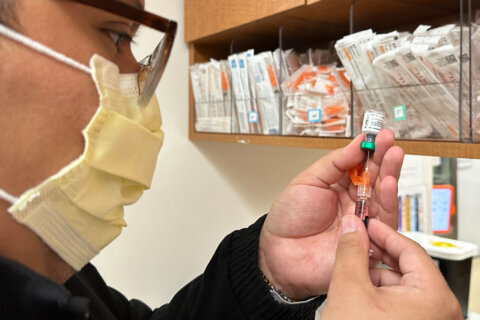Getting adequate sleep at night is crucial for your overall well-being and functioning, but many Americans consistently prioritize late-night guilty pleasures instead of sleep.
“They know bedtime routines are important, but they still watch late night TV, snack at night and use their smartphones,” said Gabriela Sander, a spokeswoman for the sleep supplement manufacturer Natrol.
According to a survey commissioned by Natrol, 92% of Americans agreed that they were less stressed and in a better mood after a good night’s rest.
The survey showed that 47% reported feeling drowsy, and 35% said they were unmotivated when they didn’t get enough sleep.
Despite that, many Americans said they’d be willing to sacrifice sleep for other activities.
Only 44% said they would give up watching TV at night in exchange for better sleep.
“They’re not willing to change their behavior to make their next day their best day,” Sander said.
According to the survey, just 43% said they would give up late-night snacking, while 41% said they would give up smartphone use at night if it meant getting more sleep.
“The intention is there, but we’re all human and we fall into our temptations,” Sander said. “We all do it.”
Sufficient sleep helps improve concentration, focus and memory retention. Sleep deprivation, on the other hand, impairs attention, decision-making abilities and problem-solving skills.
It also hinders creativity and the ability to learn and retain new information.
“There is a strong relationship between sleep and mood and stress,” Sander said. “When you get a good night’s sleep, you’re in a better mood the next day, but you’re in a worse mood the next day when you don’t get a good night’s sleep, which makes you more stressed and then you have worse quality sleep.”
Many people are trying to break that vicious cycle, hoping to get better sleep at night.
According to the survey, 38% said they were trying to reduce their caffeine intake, and 31% said they were trying to cut back on screen time.
The survey included responses from 2,084 adults between April 3 and April 6, 2023. It had a margin of error of plus or minus 2.1 percentage points.








